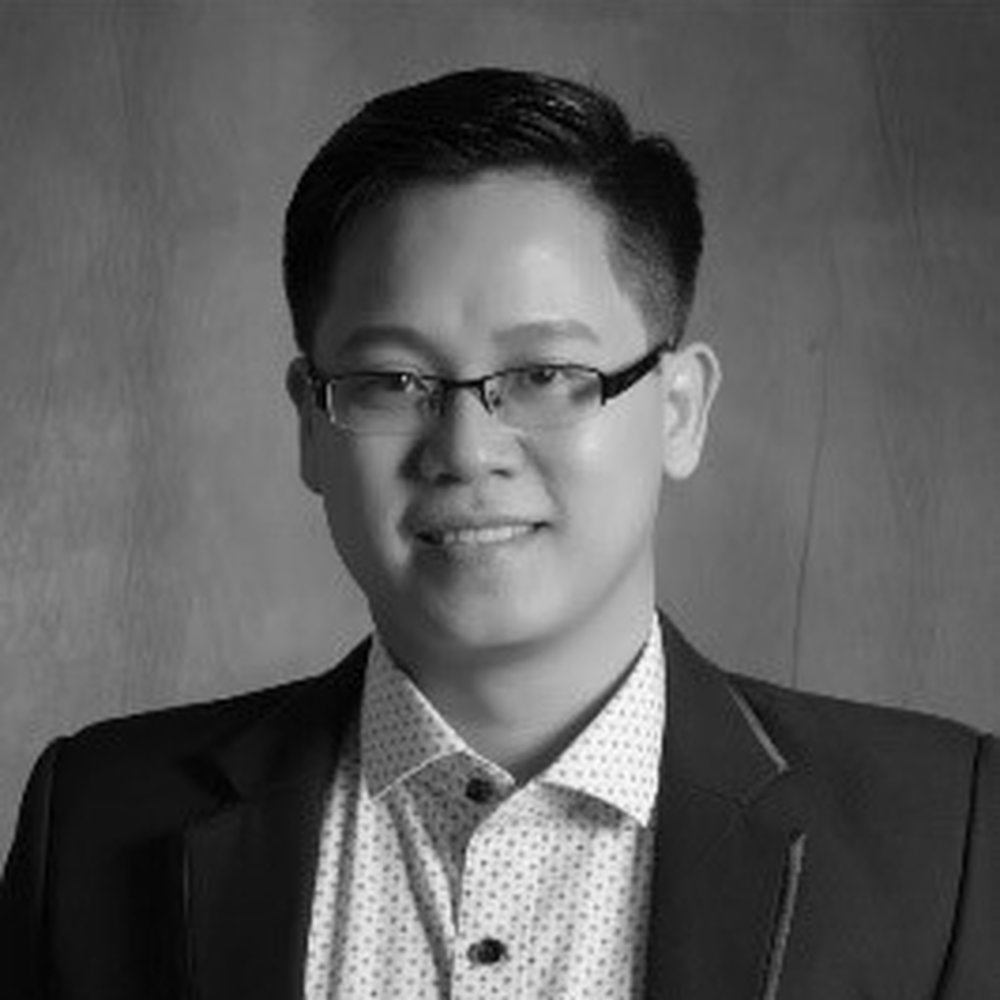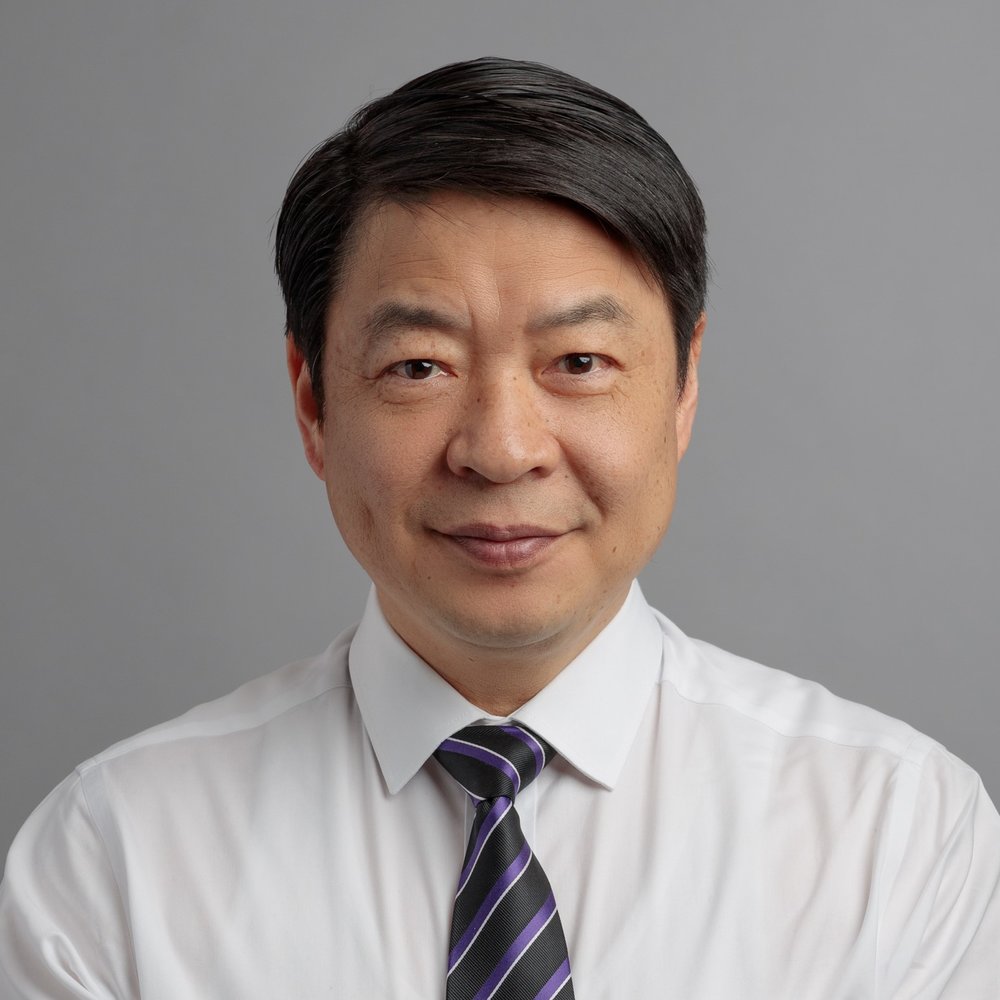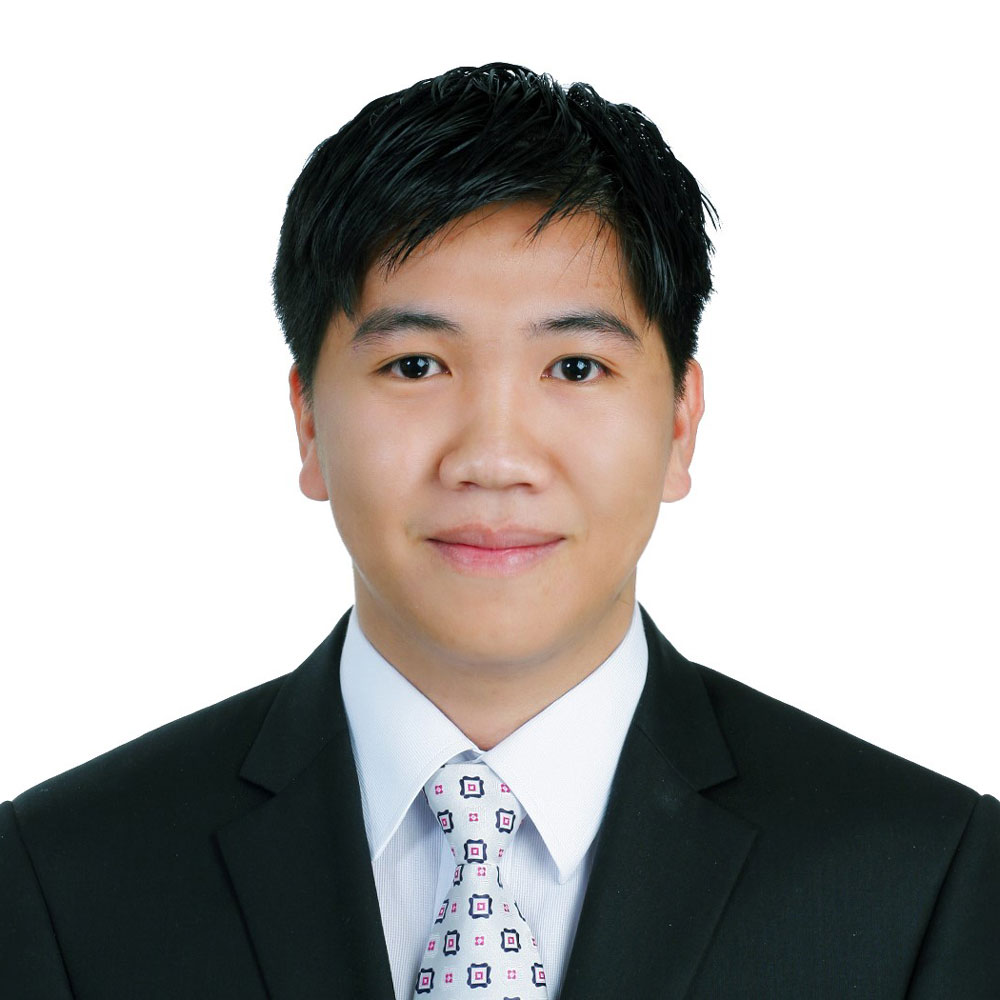Professor Yi Min 'Mike' Xie
Professor Mike Xie is an Honorary Professor of RMIT University in Australia and a Professor of Hohai University in China. He was an Australian Laureate Fellow (2020–2024) and an RMIT Distinguished Professor (2016–2024). He established the Centre for Innovative Structures and Materials in 2012 as the Founding Director.
His team pioneered the evolutionary structural optimisation (ESO) and bi-directional evolutionary structural optimisation (BESO) methods, which have been used by thousands of engineers and architects around the world to design novel structures including several landmark buildings. He is a Fellow of the Australian Academy of Technological Sciences and Engineering.
His research impact in the field of structural optimisation has been recognised by the 2017 AGM Michell Medal and the 2017 Clunies Ross Innovation Award. In 2019, he was recognised in the Queen’s Birthday Honours List and appointed a Member of the Order of Australia (AM), for his ‘significant service to higher education, and to civil engineering’. In 2020, he was awarded the Victoria Prize for Science and Innovation. In 2022, he received the Sir John Holland Civil Engineer of the Year award. Professor Xie is one of the most highly cited researchers in his field. He has collaborated with a wide range of local and international companies, including Arup, Aurecon and Boeing.

Links
- RMIT Staff Profile
- Google Scholar
- ResearchGate
Dr Ding Wen 'Nic' Bao
Dr Nic Bao is a Senior Lecturer in Architecture, Architecture Technology Stream Coordinator, and Director of the FormX Research Lab at the School of Architecture and Urban Design, RMIT University. He currently serves as a Chief Investigator on ARC and RACE-funded project, Nic specialises in advanced architectural design, computational design, topology optimisation, behavioural algorithms, additive manufacturing, and robotic fabrication. Prior to joining RMIT, he worked as a full-time architect at BLP with Cox, Bates Smart and Fender Katsalidis and taught as a sessional lecturer at the University of Melbourne and Monash University.
He has published over 70 scholarly articles and serves on the editorial boards of Architectural Intelligence, Sustainable Structures, Sustainable Engineering Materials, Journal of Chinese Architecture and Urbanism, World Architecture Review, and Urban Environment Design Magazine. Nic also contributes to international academic and industry leadership as Secretary of the Association for Computer-Aided Architectural Design Research in Asia (CAADRIA), Secretary of DigitalFUTURES Association, and Deputy Chair (VIC) & National Lead for Digital Design & Building Technology at the Prefab Council of Australia.
Nic is a registered architect in Australia and the US, and a RIBA Chartered Architect in the UK. He is also Director of BWA Architects and a partner at Ameba. His work has been exhibited internationally, including at DigitalFUTURES, NGV, Melbourne Design Week, the Venice Biennale, the Shenzhen Biennale, and IASS Expo. He received his PhD from RMIT University with HDR Research Excellence & Impact Award and holds a Bachelor of Architecture from RMIT and a Master of Architecture from the University of Melbourne.
Dr Xiaoshan 'Susanna' Lin
Dr Xiaoshan (Susanna) Lin is an Associate Professor in Structural Engineering at RMIT University and an Australian Research Council (ARC) Future Fellow. She received her PhD degree in Civil Engineering from the University of New South Wales (UNSW) in 2012.
Before joining RMIT University in 2016, Dr Lin had been working as a postdoctoral researcher at UNSW Canberra, University of Liverpool in the UK and Nanyang Technological University in Singapore. Dr Lin’s fields of expertise include development of advanced finite element techniques for accurate and efficient numerical simulations, high performance reinforced concrete and composite materials, and structural analysis under extreme conditions.
Dr Lin has been involved in different research projects as a chief investigator, including ARC Discovery Projects and Victorian government funded research projects. She also serves as an Editor for Construction and Building Materials, and an Editorial Board Member for Engineering Structures. Dr Lin has successfully supervised 15 PhD students to completion and is currently supervising 10 PhD students.

Links
- RMIT staff profile
- Google Scholar
- ResearchGate
Dr Jonathan Tran
Dr Jonathan Tran is an Associate Professor in the Department of Civil and Infrastructure Engineering, and a member of the Centre for Innovative Structures and Materials (CSIM), School of Engineering, RMIT University.
His research interests lie at the interface between solid mechanics and materials engineering with the aim to develop novel materials that exhibit paradigm-shifting properties for extreme loading protection that can impact the general field of infrastructure and lightweight structural materials.
Dr Tran received his PhD in Theoretical and Applied Mechanics from University of Illinois, Urbana Champaign, USA and then worked as a postdoctoral researcher at Northwestern University, USA. Dr Tran has supervised over ten PhD students with four completions. He has published three book chapters and over 90 refereed journal articles. Dr Tran and his PhD students were awarded a number of best paper prizes for their research on computational mechanics and shock and impact on structures. His recent research on 3D printing concrete mimicking lobster’s shell has been featured in over 300 online and broadcast stories in mainstream, science and trade-focused media including Reuters, New York Post, Australian Manufacturing, Daily Mail.
Dr Ngoc San Ha
Dr Ngoc San Ha is a Lecturer in Civil and Infrastructure Engineering at RMIT University. He received his PhD degree in Engineering with a specialisation in structural mechanics at Konkuk University in South Korea with an outstanding graduation award in 2014.
Previously, Dr Ha was a Sessional Lecturer in the School of Engineering and Mathematical Sciences at La Trobe University and a Research Fellow at Swinburne University of Technology and Curtin University. Currently, Dr Ha is a member of the Centre for Innovative Structures and Materials (CISM) at RMIT University, led by an ARC Laureate Fellow - Distinguished Professor Mike Xie. Dr Ha's research interests include bio-inspired structures, construction materials, energy absorption of structures and materials, mechanical metamaterials, advanced composite structures and structural analysis under extreme conditions.
Dr Ha has been consistently producing top-notch research outcomes including one book chapter and more than 40 articles in peer-reviewed international journals. His publications were recognized as highly cited papers in Composite Part B and Journal of Bionic Engineering. Dr Ha and his co-authors have also received two best paper awards for their research on biomimetics. Dr Ha was a guest editor of the Internal Journal of Protective Structures and is currently a topic editor at the journal Materials. Dr Ha has been involved in several research project grants as an investigator, including ARC Linkage Project and NSF China.





